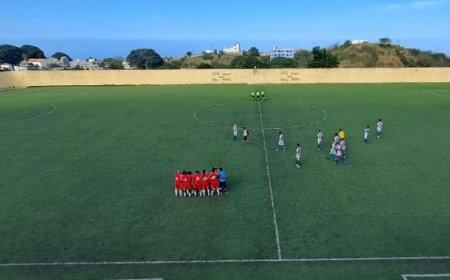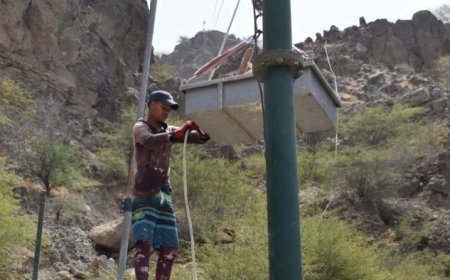INE has just released the estimates of the Quarterly National Accounts
INE has just released the estimates of the Quarterly National Accounts (CNT) for the last quarter of last year (2022), with an accumulated growth compared to the previous year (2021) of 17.7%, far exceeding all forecasts initially released. The error in the forecasts was essentially due to the fact that they did not consider the intra-annual profile of growth in 2021, characterized by a strong recovery of the economy in the last quarter of that year.

INE has just released the estimates of the Quarterly National Accounts (CNT) for the last quarter of last year (2022), with an accumulated growth compared to the previous year (2021) of 17.7%, far exceeding all forecasts initially released. The error in the forecasts was essentially due to the fact that they did not consider the intra-annual profile of growth in 2021, characterized by a strong recovery of the economy in the last quarter of that year.
Indeed, even without any economic growth in 2022, keeping the quarterly GDP at the level reached in the fourth quarter of 2021, the growth rate in 2022 relative to 2021 would have been around 13%!!! This means that for annual GDP growth to be below 13%, there would have to have been a recession in the economy in 2022, a scenario not considered in any published forecast. The recorded growth rate in relation to the same quarter (equivalent in this case to intra-annual growth in 2022) was 9.1%, not entirely out of step with the hypotheses and assumptions of the forecasts released by the different institutions. The context was unusual, but it is hoped that we learned from mistakes, as it is always important to consider, namely in forecasting exercises, the most recent dynamics of the economy, information that can be extracted from the estimates of the CNTs that, fortunately, have already are currently calculated and published. By the way, the annualized quarterly growth in the last quarter, indicating the most recent growth dynamics, is only 2.8%, not considering seasonality (not very pronounced in our case, but which would be unfavorable anyway).
Carlos Burgo

























































